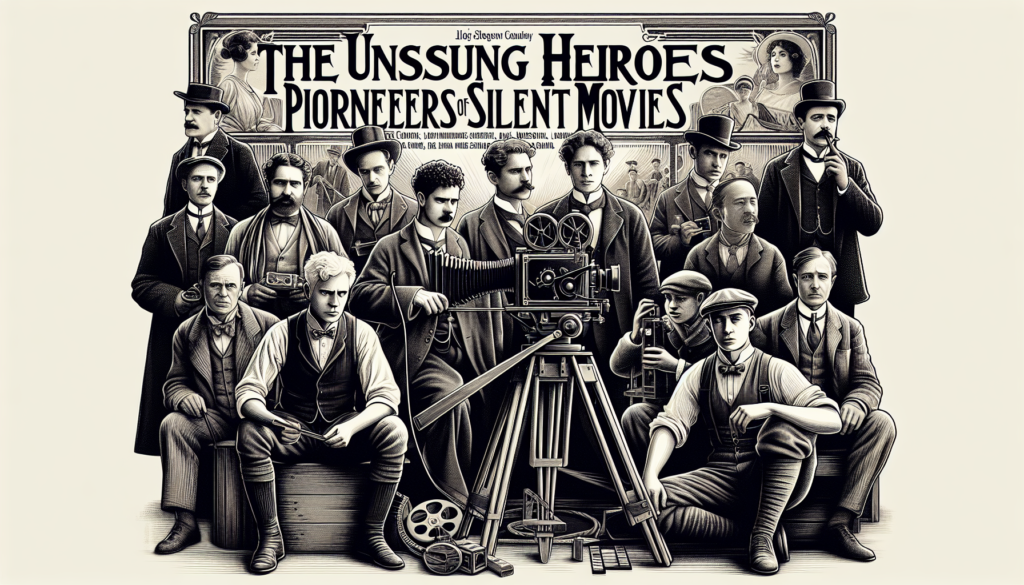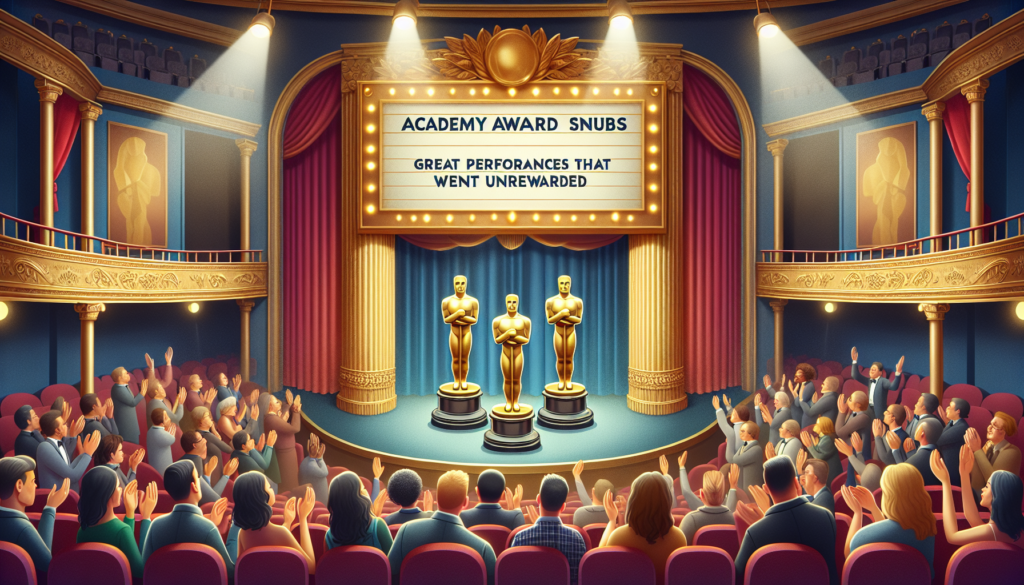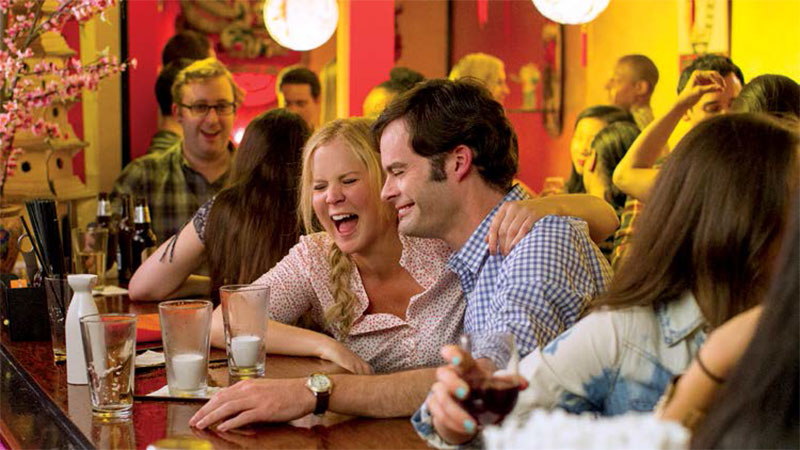Comedy has long been a crucial element of our culture, serving as an essential form of entertainment that allows us to release stress, promote societal harmony, and illuminate our shared human experiences. Central to this comedic journey are the comedians themselves – actors who consistently deliver hilarious performances while masterfully navigating the ever-evolving world of humor. Comedic actors use their unique skillset, compelling storytelling abilities, and irresistible charm to engage audiences in a myriad of ways, profoundly influencing the trajectory of comedy.
The influence of comedic actors on our culture cannot be overstated. Throughout history, their innovative approaches shape the comedic landscape and redefine humor. From the slapstick antics of Charlie Chaplin and Buster Keaton to the satirical wit of Steve Martin and Bill Murray, to the comedic insights of Richard Pryor and Eddie Murphy, all the way to the contemporary comedic prowess of comedic powerhouses like Melissa McCarthy and Kevin Hart, these actors’ contributions have had resounding impacts on the humor ecosystem.
One of the unique traits that all these acting luminaries share is their unfailing ability to connect with their audience. They are experts at reading the room, understanding the collective mood of the audience, and delivering humor that resonates. Their performances reflect societal attitudes and preoccupations, often providing a funny yet insightful commentary on the world around us. Comedy is a mirror that reflects society, often exaggerating or satirizing societal norms and issues, thus encouraging audiences to perceive things from a different perspective.
In the postmodern era, comedians have pushed the boundaries of humor, taking it beyond mere slapstick or lowbrow comedy and approaching deeper dimensions of satire, parody, and dark humor. Actors like Ricky Gervais, Sarah Silverman, and Dave Chappelle have brought complex issues to their comedy, treading controversial matters with a nuanced balance of humor, sensitivity, and criticism. Thus, these influential comedy actors have expanded the realm of what can be considered ‘funny’, ultimately challenging societal conventions and norms.
What’s more, the influence of these comedic actors extends beyond the scope of cinema, television, or stand-up comedy. They have a profound impact on popular culture, often becoming icons or symbols of particular moments, moods, or movements. Comedians like Amy Poehler and Tina Fey are equally celebrated for their feminist humor as they are for their laugh-out-loud performances on ‘Saturday Night Live‘. They have championed gender equality and women’s issues in their comedy, influencing societal views and contributing to the broader feminist movement.
Moreover, the influence of comedic actors significantly manifests in the realm of social media, where comedic content thrives. Comedians like Zach Galifianakis with his awkwardly hilarious web series ‘Between Two Ferns‘ and Lilly Singh with her comedic YouTube content that tackles relatable situations manage to connect with the modern audience through these platforms.
Finally, the influence of comedic actors can also be therapeutic. Comedy often allows us to deal with personal traumas or societal problems with a light-hearted approach, providing a form of relief for many. In turn, the actors behind this comedic relief become figures of appreciation and admiration, attesting to the power of humor as a coping mechanism and the comedians as providers of this solace.
The influence of comedic actors on comedy and societal norms are interweaved, shaping the way we perceive and respond to humor. They challenge societal conventions, push boundaries, and even aid in coping with life’s complexities. Just as importantly, they do all this while making us laugh – a testament to their mastery and the power of comedy. As long as we continue to find humor in life, the comedic actors will continue to influence us, shaping the comedy landscape and reflecting life back at us through their humor-rimmed lenses.




